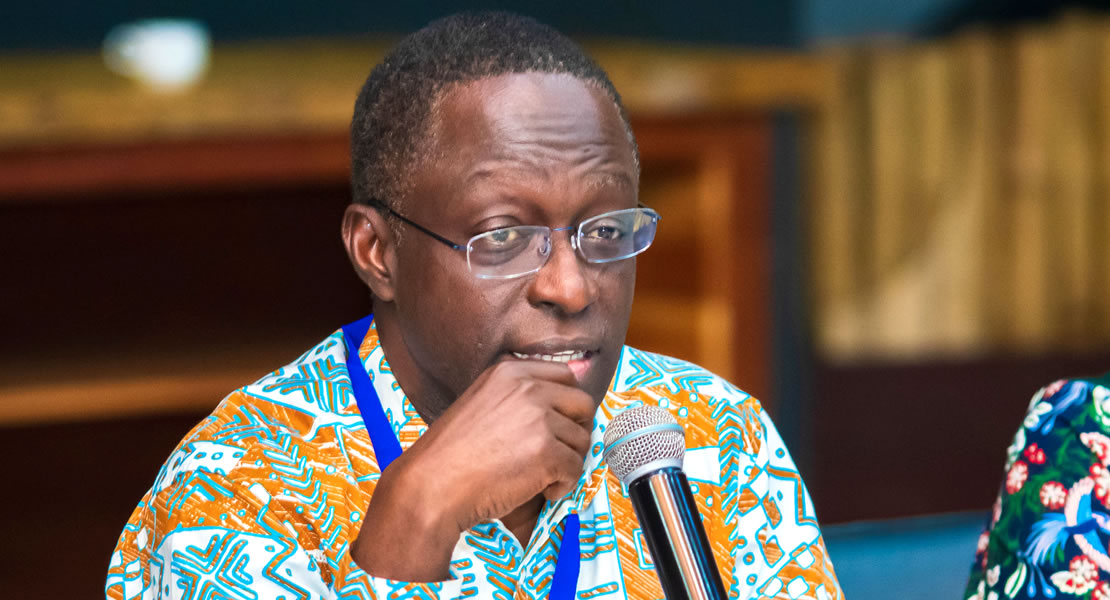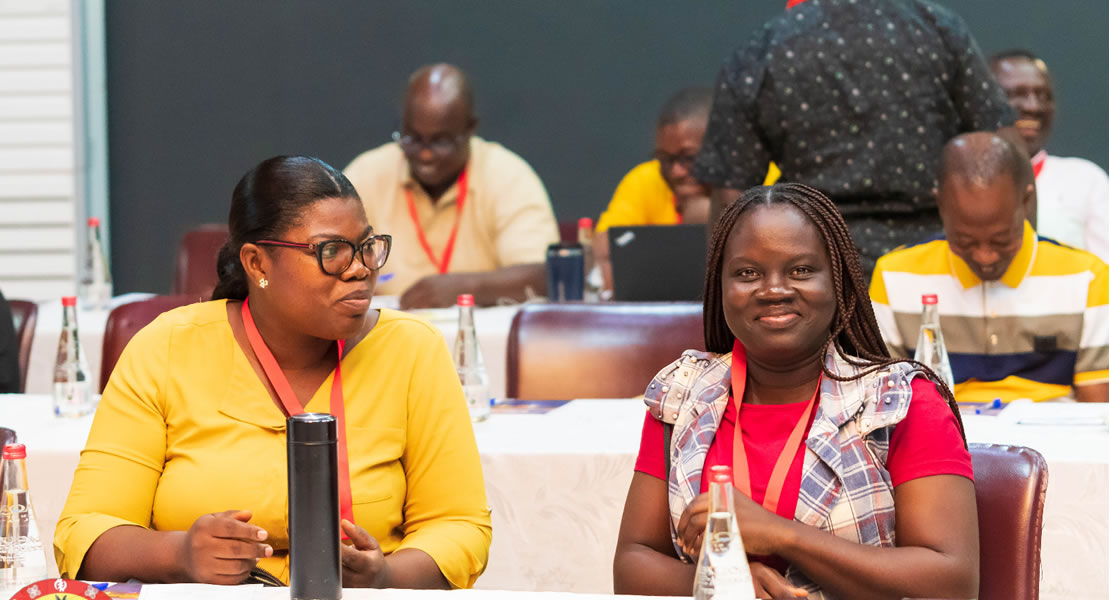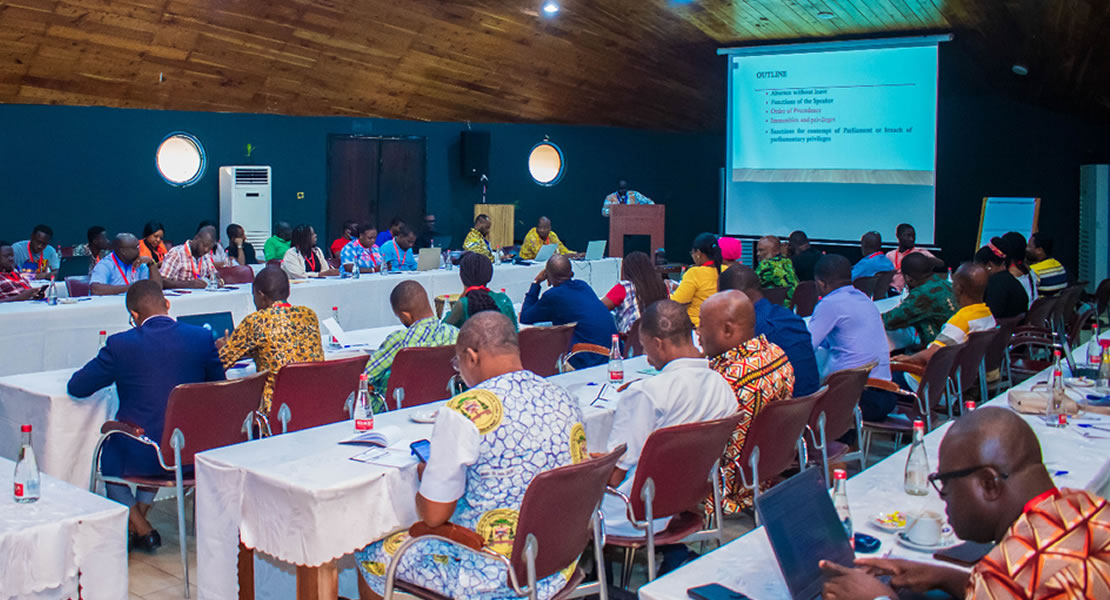
Clerk of Ghana’s Parliament Cyril Kwabena Oteng Nsiah said the work of Parliament in its governance architecture can be well understood and appreciated by Ghanaians through the dissemination of relevant information pertaining to their mandate in the conduct of the House.
It is in light of this that Parliament took it upon itself to organize a workshop for members of the Parliamentary Press Corps to help them familiarise themselves with the contents of the revised Standing Orders to enable them report accurately.
Mr. Kwabena Nisah further added that, not only on the proceedings and other activities of Parliament but also the intricate practices and procedures that underpin certain decisions, motions and resolutions of the House.
And the media as one of the key stakeholders of Parliament, he urged members of the media in Parliament to participate fully in all sessions of this orientation programme in order to benefit from the deliberations, which would enable them improve their knowledge on the rules of the House and facilitate the discharge of their duty.
Parliaments of the Fourth Republic have, in consonance with the provisions of article 110 of the 1992 Constitution, regulated procedures of the House by Standing Orders, which prescribe the rules and practices for the conduct of parliamentary business.
After twenty-three (23) years of adherence to the provisions of the previous Standing Orders of the House, with minimal amendments, it is prudent that Parliament refines its processes and procedures in accordance with emerging legislative trends across the Commonwealth.
Contemporary challenges including demands for higher levels of transparency in the democratic process; inadequacy of manual work procedures in the effective discharge of the mandate of the Legislature; and the Covid-19 pandemic revealed some gaps in the Orders of House, requiring that we adapt innovative techniques and strategies in order to deliver on the mandate of Parliament.
Moreover, the hung nature of the Eighth Parliament, which is the first of its kind since the inception of the Fourth Republic, presents a number of novel situations and challenges that were not within the contemplation of the drafters of previous Orders of the House.
The revised Orders, which was adopted by a Resolution of the House on Thursday, 21st December, 2023 and took effect on 2nd January, 2024, introduces practices and procedures, including the recital of the National Pledge, the conduct of parliamentary business through virtual platforms, and clearly delineates the hierarchy of the Leadership of Parliament.
Furthermore, under our current Standing Orders, the number of parliamentary Committees have increased from thirty-one (31) to forty-four (44) to emphasise the new focus and direction of the House, as part of efforts to expand and improve parliamentary oversight of activities of public officials.
As partners in the advancement of parliamentary democracy, the critical role of the media in the reportage of parliamentary proceedings, as well as facilitating the scrutiny of activities of the representatives of the people cannot be overemphasised, he stated.
Kwaku Sakyi-Danso/Ghanamps.com